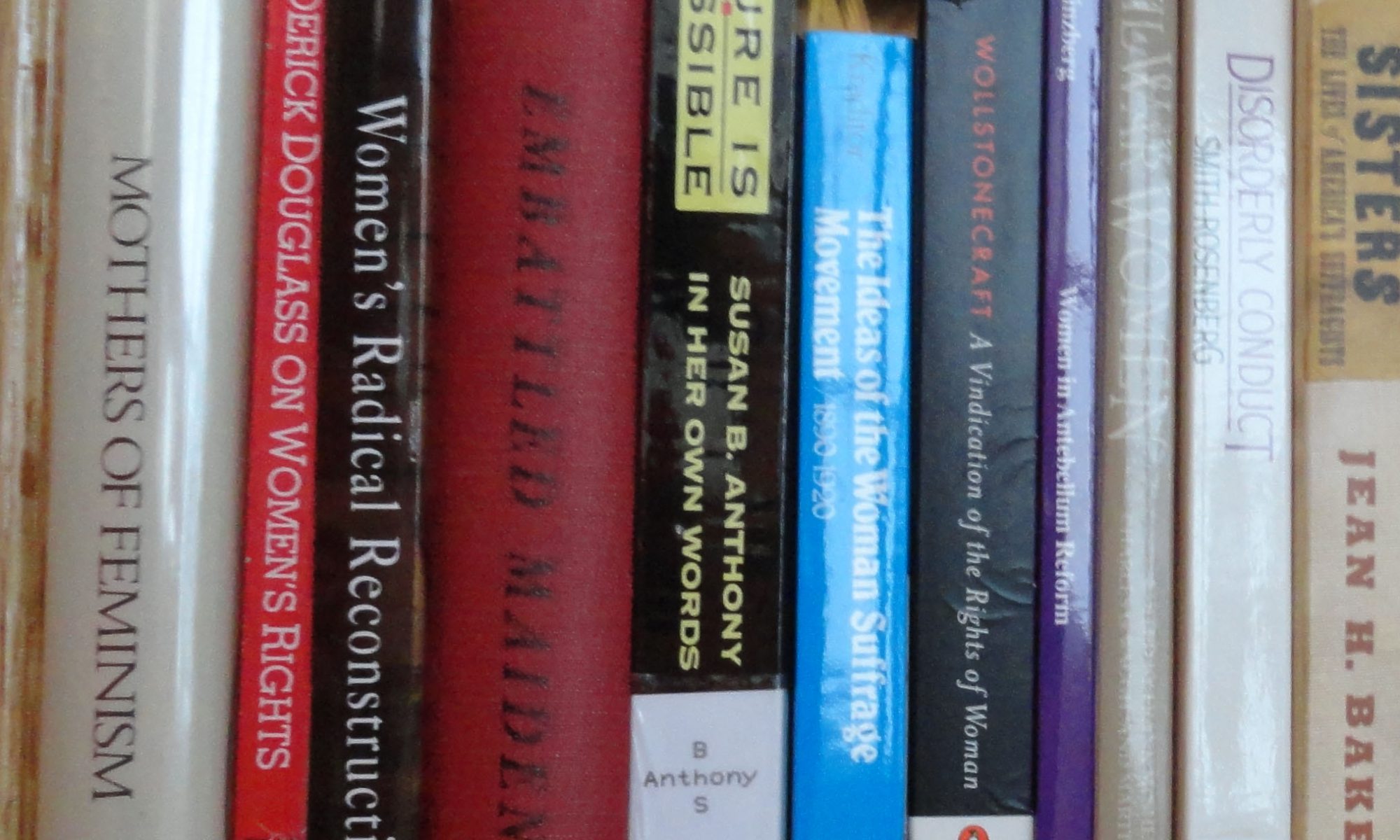 Sandra Steingraber has been called a “poet with a knife”. She is a renowned ecologist, a cancer survivor, award-winning author, mother, and poet. She is the Rachel Carson of our times calling us to wake up and rid our earth of the toxins that affect the development of our children. Like Rachel she has been attacked by the corporations for her activism. The following excerpt is from her most recent 2011 book Raising Elijah.
Sandra Steingraber has been called a “poet with a knife”. She is a renowned ecologist, a cancer survivor, award-winning author, mother, and poet. She is the Rachel Carson of our times calling us to wake up and rid our earth of the toxins that affect the development of our children. Like Rachel she has been attacked by the corporations for her activism. The following excerpt is from her most recent 2011 book Raising Elijah.
What if the heroes of children’s books on the climate crisis came to life? What if they were us? How would we live? What would we do? Judging by these stories we would throw ourselves joyfully and wholeheartedly into work of public engagement (storming barricades, throwing out bad guys) without fear of looking foolish. We would develop skills that allowed us to do some big practical things (growing our own food, designing carbon-free cities). And because we are heroes–and why shouldn’t we be; its our own children’s lives we are trying to save after all – we would make whatever sacrifices were necessary. In this, the new crop of stories reminded me of some really old ones. In the Greek myths, sacrifices were serious undertakings and, when the heroes headed out on their heroic journeys, obligatory. Done right, they could actually change the course of nature. Like calm the seas.
Bill McKibben again: “We have to do all that we can do, whatever the cost.”
So I make three suggestions for individual actions that can serve as symbolic starting points for heroism and have some long-term practical value from systems’ point of view. They are not intended to turn sleep-deprived parents of young children into Martin Luther King Jr. and Rosa Parks of the climate crisis – although we solely need some of those too. Yes, they involve sacrifice but not irritating inconvenience. (There’s a difference.) These save rather than cost money; they can be implemented immediately; they promote health; and they are intended to inspire future action. But their central qualification for mention here is they are intended to serve daily as visible reminders to all children of the family that our job as their parents is now quite literally, to change the course of nature, which has been placed by human interactions on a terrible path. p. 182
And what are these three things you ask?
- Plant a garden
- Mow grass with a hand lawn mower
- Use a wash line not a clothes dryer.
Each of these will reduce your individual carbon footprint. All three will improve your physical health.

Reblogged this on New NY 23rd and commented:
And now for something a little bit different for the New NY 23rd
Living in Scotland on Orkney, an island that knows it is an island, EVERYONE battles with the weather AND despite that, clothes are dried outside on the line! There is a tendancy to hold back from washing the items that barely touched skin, thus making the entire act of laundry a more carbon free event in the day. People here relish the smell of the outdoors on their clothes. Lawns here are smaller and often I have seen even older folks bent over carefully trimming bits by hand….haven’t even seen a gas or electric lawnmower though I am sure they are around. Gardens on small hillside plots don’t really take well to large machinery. AND there are many discussions about community gardens and poly tunnel greenhouses. Outside, there isn’t too much that will grow well in a garden due to temperature. BUT the bottom line is the difference between cultures. The USA has too much and is wasteful. Here, where WWII rationing lasted well after the war and wound its way into the memory of 60 year olds, people do pay attention to wastefulness! We sure could learn from this!!!!